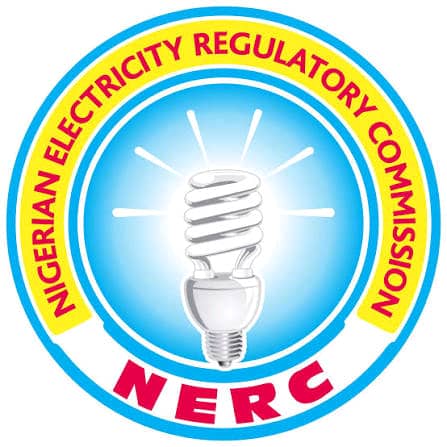By Hosea Parah, Abuja
The Nigerian Electricity Regulatory Commission (NERC) marked its 20th anniversary on Thursday with a keynote address by Chief Adebayo A. Adelabu, the Honourable Minister of Power. The event, held at the Congress Hall of the Transcorp Hilton Hotel in Abuja, brought together industry leaders, development partners, and distinguished guests to reflect on the progress and future of Nigeria’s electricity sector.
In his address, Chief Adelabu highlighted the transformative journey of the Nigerian power sector since the enactment of the Electric Power Sector Reform Act in 2005. He acknowledged NERC’s pivotal role in transitioning Nigeria from a state-run utility to a competitive, private-sector-driven electricity market, establishing a framework for market stability through tariff structures, consumer protections, and regulatory guidelines.
A significant focus of the event was the recent Electricity Act of 2023, signed by President Bola Tinubu in June. This legislation introduces a groundbreaking shift in the sector by bifurcating constitutional responsibilities, allowing state governments to independently generate, transmit, and regulate electricity within their jurisdictions. This shift is expected to foster the development of multiple integrated sub-national markets, empowering states to utilize their unique resources and drive local energy solutions.
“Unlocking Sub-National Potential,” Adelabu emphasized, “allows states to leverage their unique resources—be it solar, hydro, or wind—to build grids that serve their specific economic and social needs.” He noted that this new structure presents vast opportunities for investment, competition, and innovative pricing for consumers.
However, the Minister also cautioned about potential risks, such as the creation of unsynchronized markets that could lead to regulatory confusion and hinder investor confidence. He outlined a collaborative framework based on four key pillars to navigate these challenges: policy and regulatory harmonization, addressing the liquidity crisis, strengthening the entire value chain, and prioritizing citizen-centered reforms.
Adelabu also announced the approval of a ₦4 trillion bond by President Tinubu to clear debts owed to Generation Companies (GenCos), addressing the pressing liquidity crisis in the sector. He assured attendees that the federal government is committed to fostering a balanced approach to reform, focusing on both generation and distribution capacities.
As the anniversary celebration concluded, Chief Adelabu reiterated the importance of cooperation between federal and state governments, regulators, and private investors to build a power sector that can drive national prosperity and improve the lives of all Nigerians.
The event served as a reminder of the strides made in the power sector over the past two decades and the collective efforts required to ensure a sustainable and efficient electricity market for the future.

